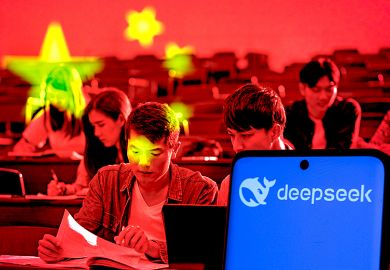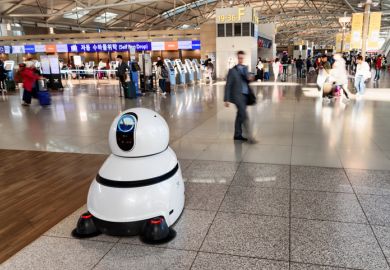Even before last year's Royal Academy exhibition, Turks had acquired a higher profile in this country than a generation ago thanks to cheaper air travel, mass tourism to Turkey's Aegean and Mediterranean coasts and the debate over Turkey joining the European Union. Andrew Mango's The Turks Today will equip readers with a much clearer understanding of Turkey and its people, enabling them to arrive at an informed judgment in that debate.
For non-Turks to understand the Turks today, they need some information about how the modern Turkish republic came into existence. Mango provided this in depth in 1999 with his magisterial Ataturk, the definitive biography of the founder of the republic, detailing the last years of the Ottoman Empire, the rise of the nationalist movement under Mustafa Kemal Pasha (Ataturk), the establishment of the republic in 1923 and the dramatic reforms of the early republic.
The Turks Today takes up the story of Turkey's political and economic development since Ataturk's death in 1938: from the one-party regime into the multi-party era that began after the Second World War. The author marks the interruption of Turkey's democratic process by successive military interventions in 1960, 1971 and 1980, and guides the reader through the complexities of successive coalitions and minority governments between 1973 and 2002, when the present Islamic-oriented Government was elected. Some of these complexities are highlighted in the 31-strong list of political parties that functioned in Turkey between 1938 and the present day. The non-Turkish reader will be grateful for such an admirably lucid and concise account of seven decades of political and economic development.
Turkey is not spared harsh scrutiny in this book. The topics that regularly propel it into the news are fully examined, including Cyprus, human rights, allegations of police corruption and torture, the row over headscarves in schools and universities, and the treatment of minorities. The author is particularly scathing in his condemnation of the "maladministration, corruption and growing debt which demagogic politicians had allowed" for decades before the financial crises in 2000 and 2001. There is a detailed examination of the Kurdish question and the struggles with the Marxist insurgent group PKK (Kurdistan Workers' Party) and with Islamic militants responsible for the bomb attacks in Istanbul in November 2003.
This is a very different book from Atatürk . It is tricky to write about a whole people, but Mango unquestionably knows his subject. He was born into the small British community in Istanbul and has been the leading broadcast commentator in Britain on Turkish affairs for most of the past half-century. The Turks Today may be the work of a pre-eminent historian of modern Turkey, but the author is also writing about events that he followed closely at the time and in which he has known personally most of the main players: the Turkish politicians. This gives the book particular authority, and it will be essential reading for all those contemplating the study of Turkey and the wider region at either undergraduate or graduate level. It will also be a welcome introduction to the country and its people for those planning to spend any time in Turkey or to do business there, and will be valuable to all inquiring travellers to Turkey who want to understand more about this complex nation.
Bengisu Rona is senior lecturer in Turkish studies, School of Oriental and African Studies, University of London.
The Turks Today
Author - Andrew Mango
Publisher - John Murray
Pages - 292
Price - £20.00 and £8.99
ISBN - 0 7195 6229 5 and 6595 2
Register to continue
Why register?
- Registration is free and only takes a moment
- Once registered, you can read 3 articles a month
- Sign up for our newsletter
Subscribe
Or subscribe for unlimited access to:
- Unlimited access to news, views, insights & reviews
- Digital editions
- Digital access to THE’s university and college rankings analysis
Already registered or a current subscriber?



